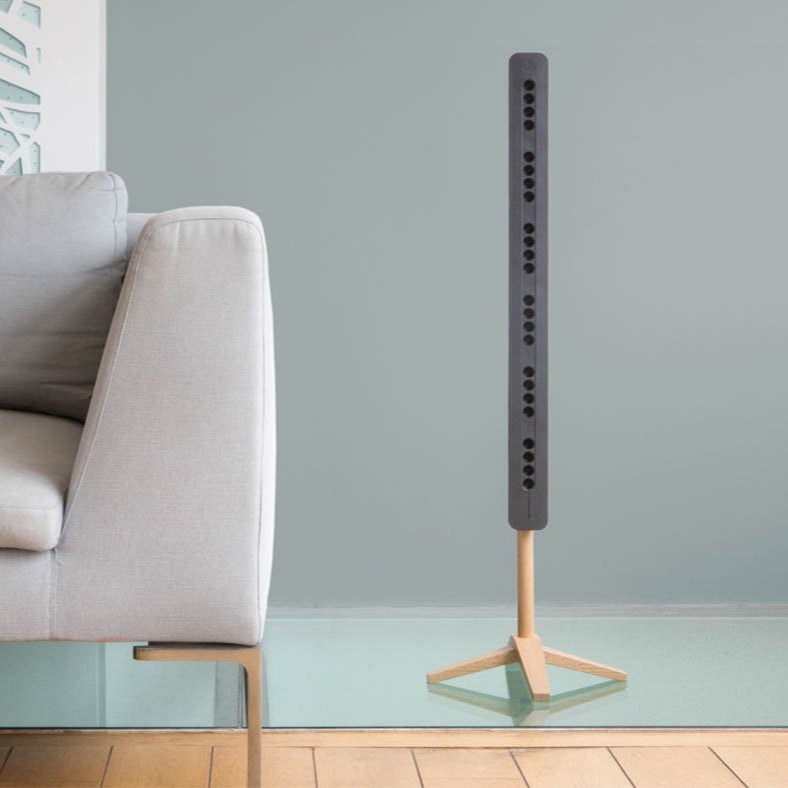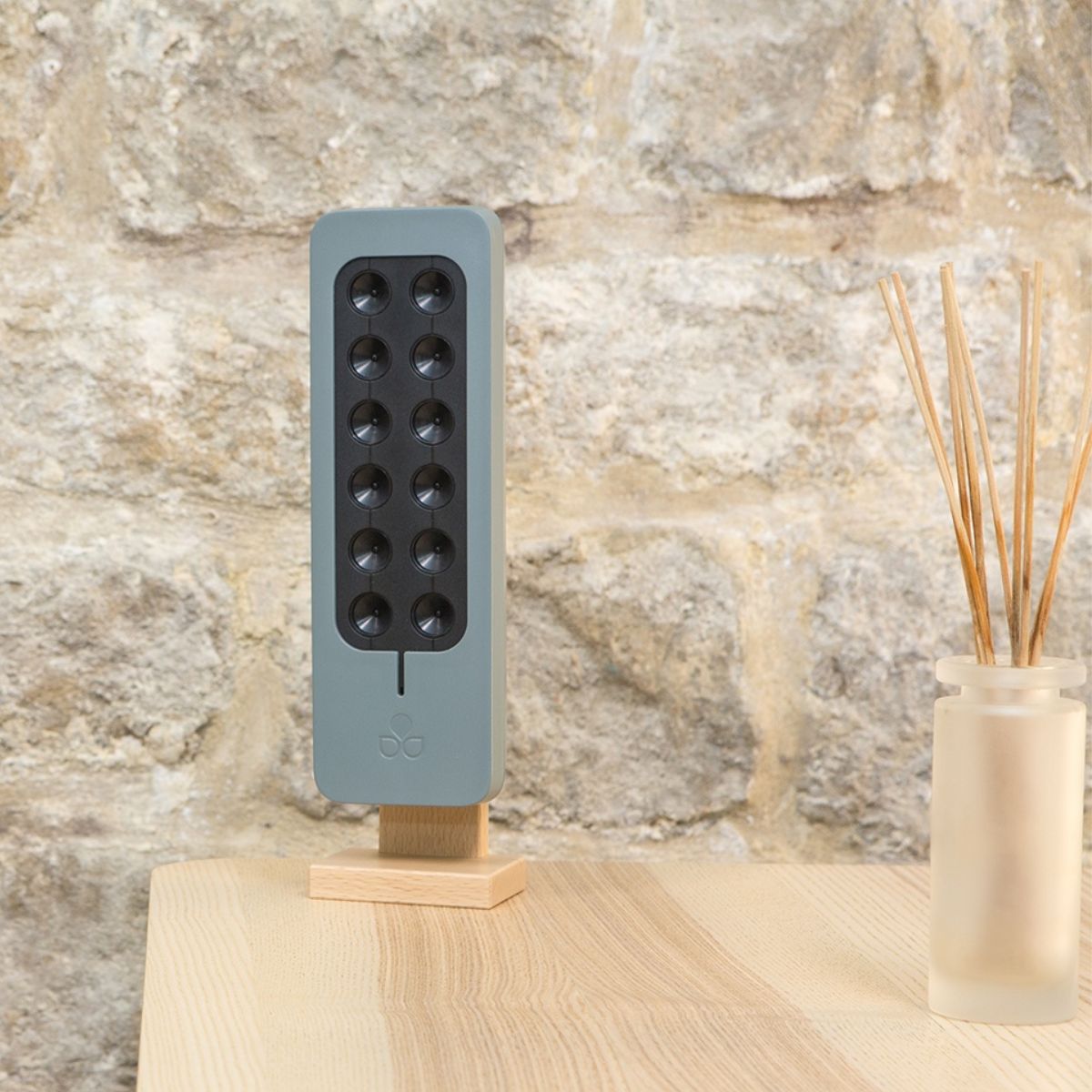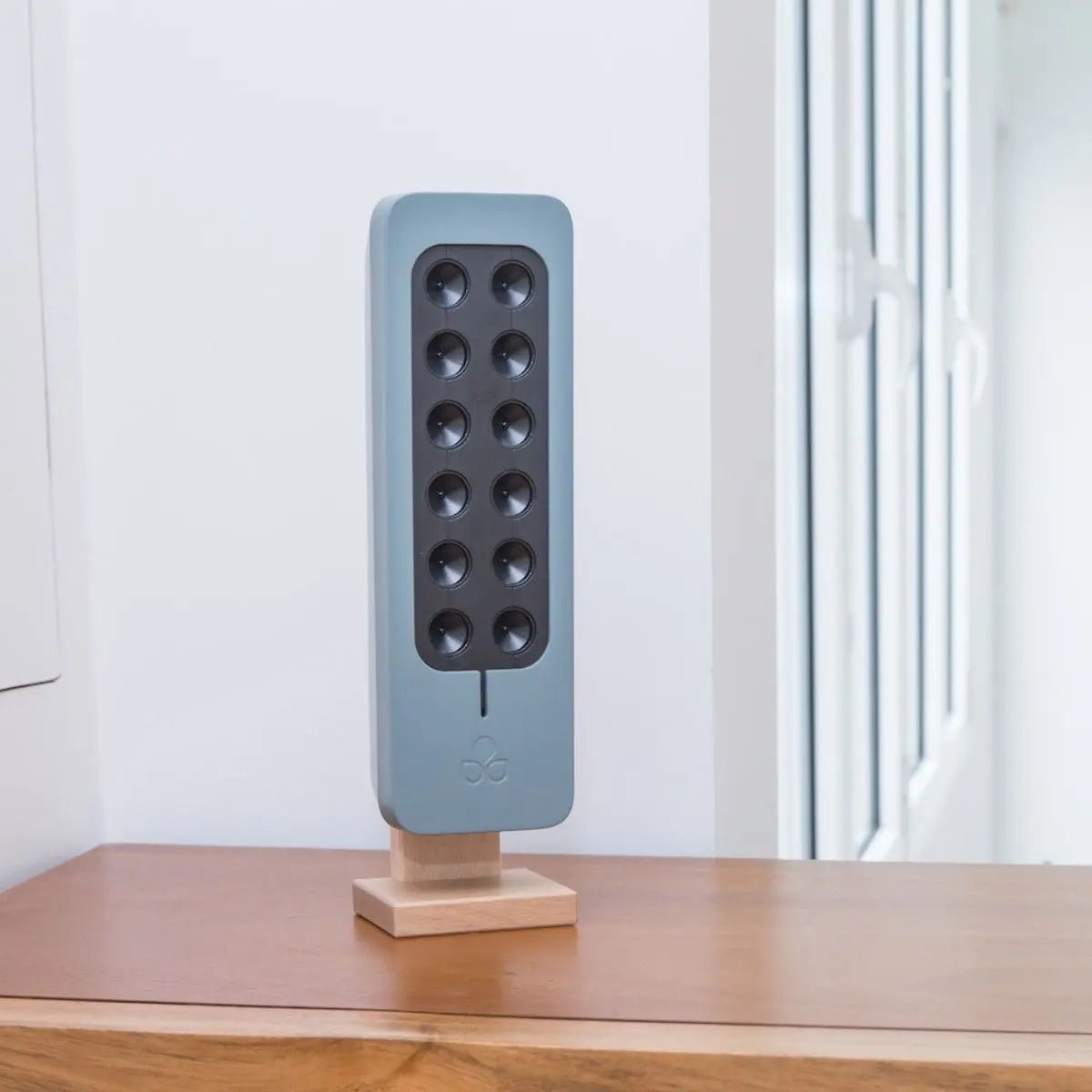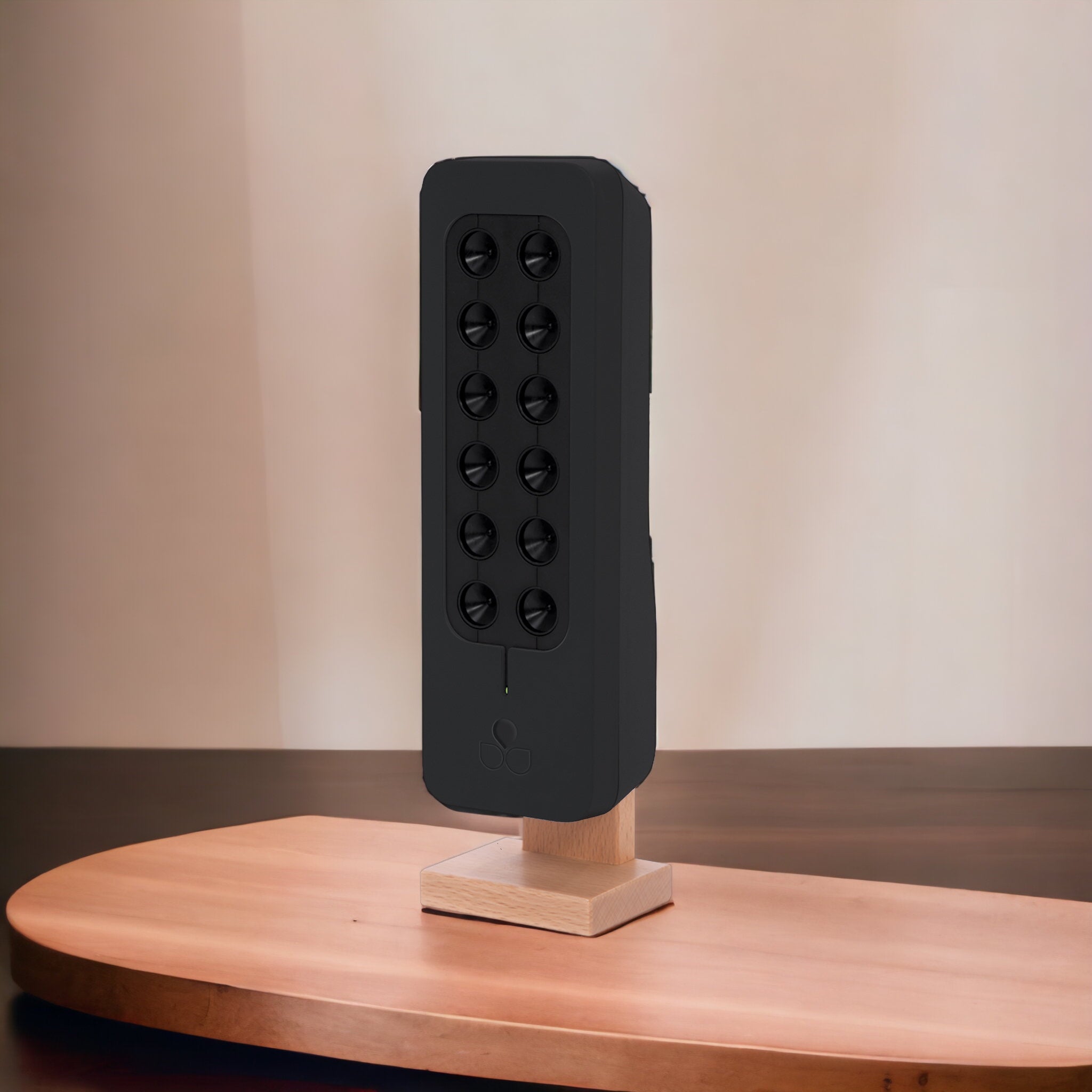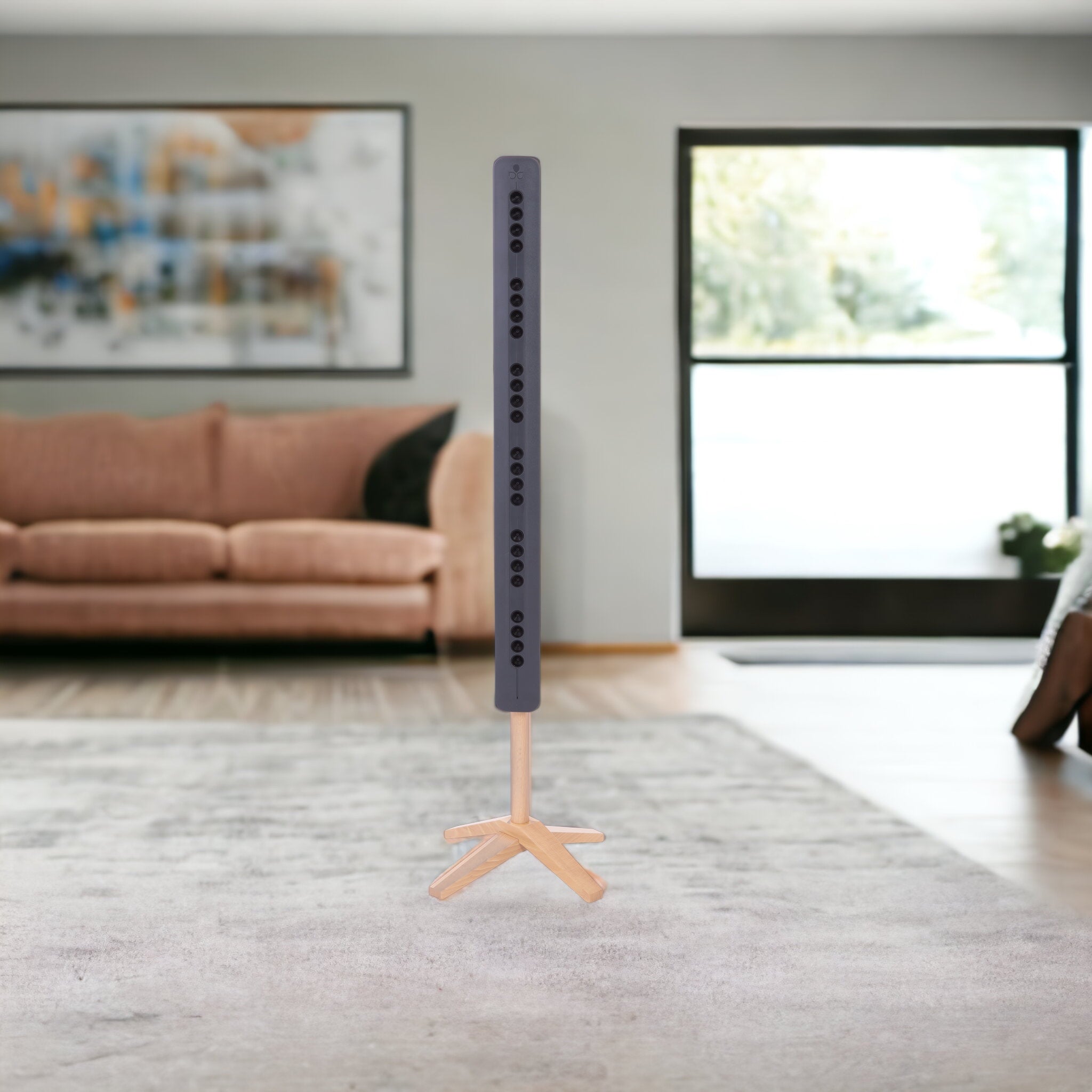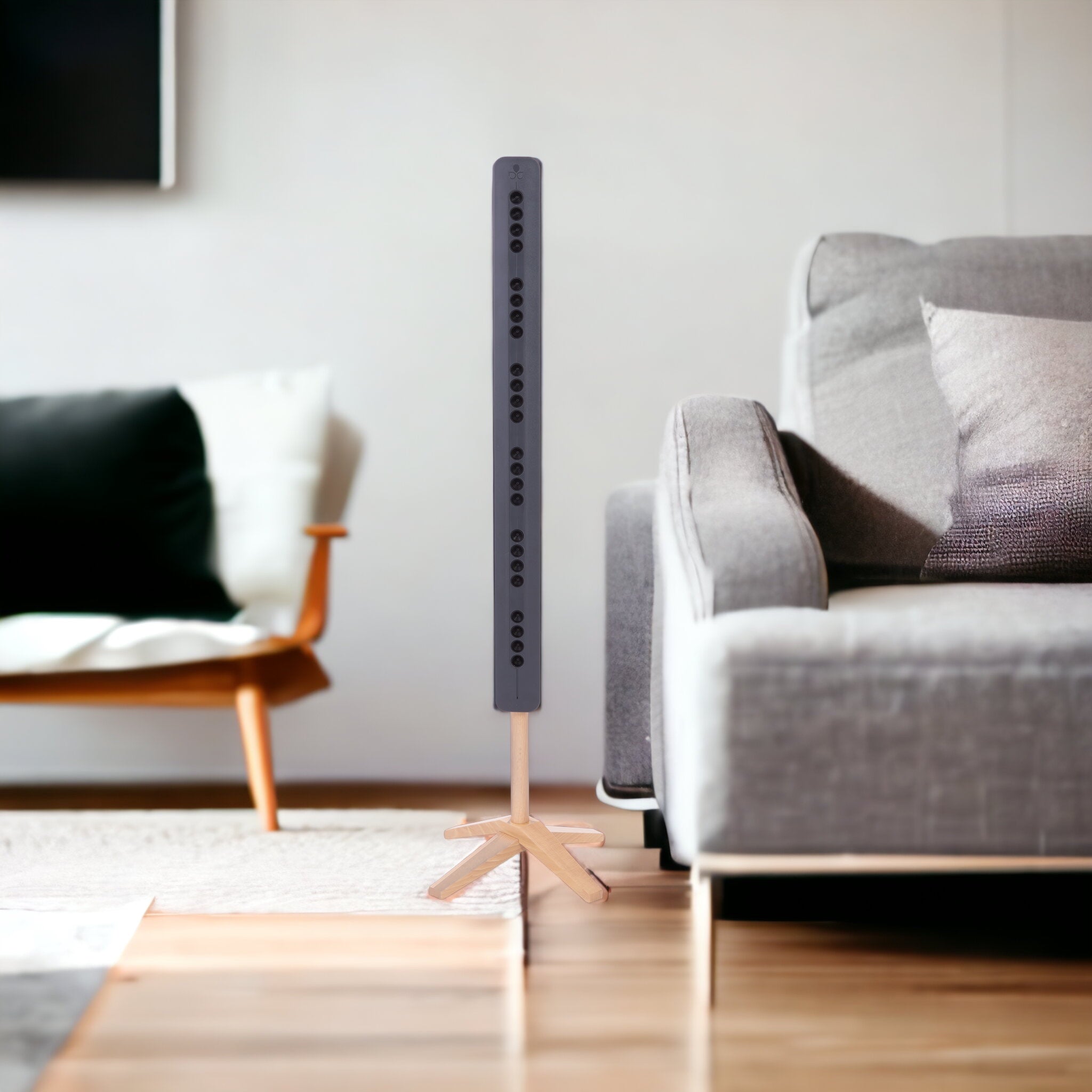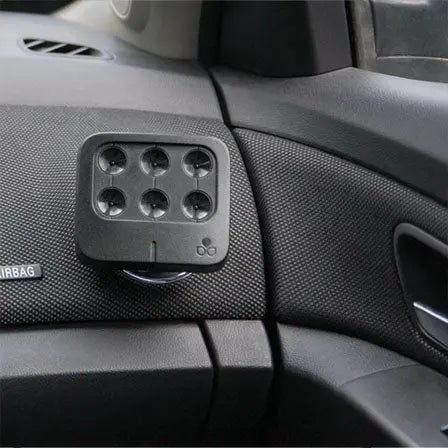The Vulnerability of Infants
Newborns are particularly susceptible to these health issues as their lungs continue to develop until they are about eight years old. Given that infants spend a majority of their time indoors and breathe twice as much air as adults, the quality of the air they inhale is of paramount importance to their health and development.
Indoor Air Pollution: A Hidden Threat
Contrary to popular belief, indoor air can be 5 to 10 times more polluted than outdoor air. On average, a dwelling in France contains around 30 different pollutants. Thus, your baby's room could house a plethora of polluting particles known as Volatile Organic Compounds (VOCs) emanating from walls, floors, materials, cleaning products, furniture, cigarette smoke, and more.
The Dangers of Fine Polluting Particles
Among these pollutants, the finest particles are the most dangerous. They can infiltrate the ends of the respiratory tract, reach the alveoli and cause lung diseases. These particles can also enter the bloodstream and cause cardiovascular problems by clogging small vessels, leading to chronic bronchitis, allergic rhinitis, asthma symptoms, lung cancer, strokes, and myocardial infarction.
The Link Between Air Pollution and Asthma
The United States Environmental Protection Agency (EPA) has conducted extensive research into the connection between air pollution and asthma. The agency found that air pollution exacerbates asthma symptoms and triggers asthma attacks, making the estimated six million children with asthma in the United States particularly vulnerable.
African American Adolescents at Greater Risk
A study conducted by the EPA and the University of North Carolina in Chapel Hill discovered that African American children with persistent asthma are more vulnerable to low levels of outdoor ozone. The study found that an increase in ozone concentrations was associated with a decrease in lung function, even when the children were medicating their asthma.
Coarse Particulate Matter and Asthma
In a study partially funded by the EPA, researchers from Johns Hopkins University discovered that children exposed to outdoor coarse particulate matter (PM10-2.5) were more likely to develop asthma and require emergency room or hospital treatment. This revelation is significant, as previous research mostly linked fine particulate matter (PM2.5) with respiratory and cardiovascular diseases.
Air Pollution and DNA Alterations
Another EPA-funded study provided new insights into the relationship between air pollution and asthma. It suggested that air pollutants suppress genes that regulate the immune system's ability to differentiate allergens from harmful foreign substances. This triggers an inflammatory response which can lead to asthma.
Making Homes Healthier
Improving the air quality in your home is crucial to mitigating the risks of respiratory diseases. Some steps to achieve this include:
- Regularly ventilating your home, ideally early in the morning or late in the evening.
- Checking the ingredients of your cleaning products and opting for simpler ones.
- Keeping your home decor minimal to prevent dust and mite accumulation.
- Regularly cleaning filters and air vents.
- Installing an air purifier in the room your baby spends most of its time in.
Introducing TEQOYA: A Sustainable Air Purification Solution
TEQOYA offers a natural, user-friendly, and environmentally friendly air purification solution. It requires no filter replacements, consumes minimal energy, produces no detectable noise, and does not generate ozone. With a 10-year guarantee and proven effectiveness tested in independent laboratories, TEQOYA air purifiers are an ideal solution for ensuring clean air in your home, contributing to the healthy development of your child.
Concluding Remarks
The quality of the air your child breathes is crucial to their overall health and development. By understanding the potential threats of indoor air pollution and taking steps to improve air quality, you can help safeguard your child's respiratory health and overall well-being. With the help of innovative solutions like TEQOYA, ensuring clean and healthy air in your home has never been easier.
Making the world breathe easier, one room at a time.

